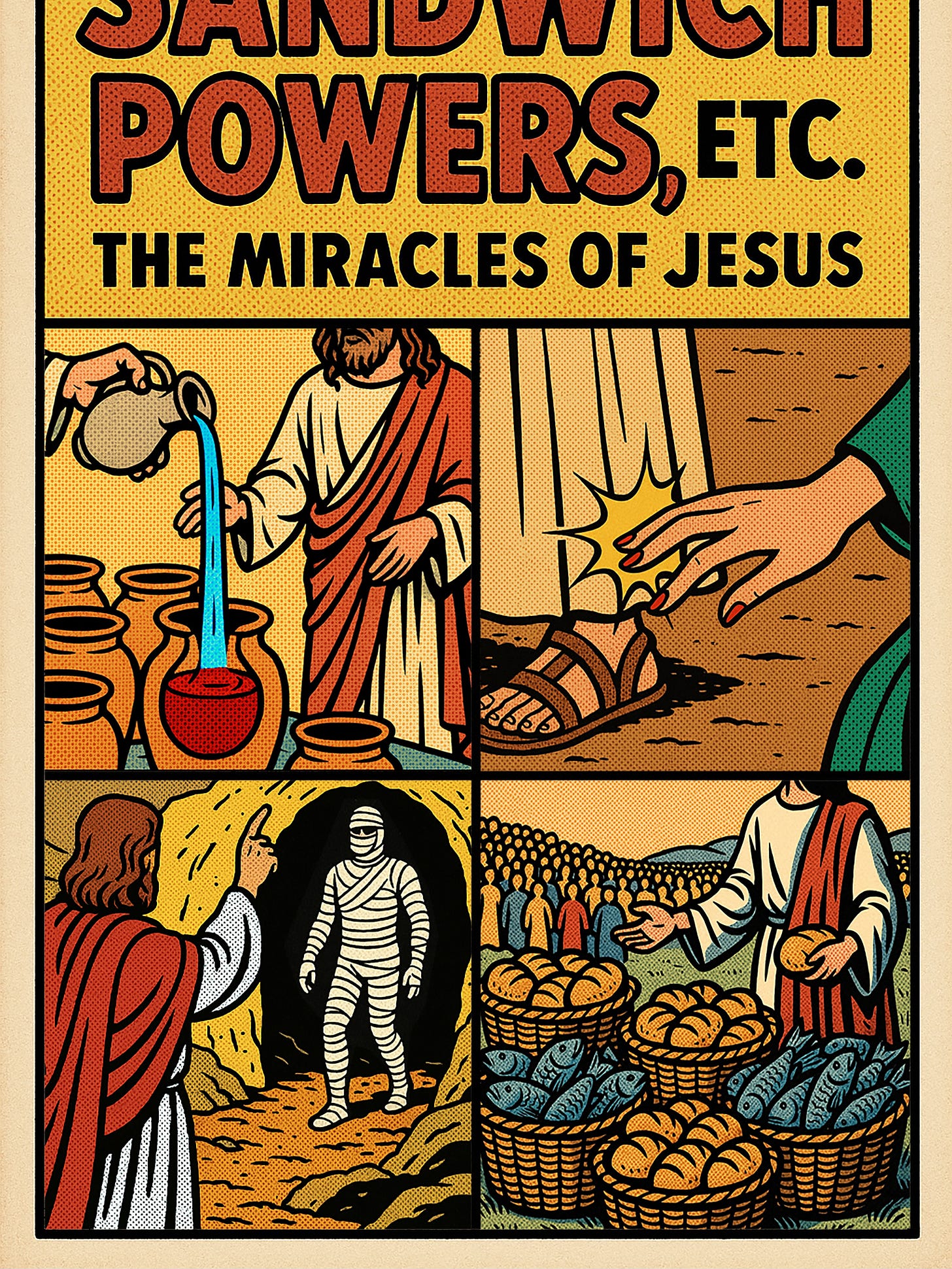*An incomplete manuscript does not mean an incomplete sermon. Here is what brewed while taking a plane, a bus, and a train, and returning in the same way, while thinking about Jesus and the Centurion in Matthew 8. The audio is the full sermon.
German Lutheran Theologian, Wolfhart Pannenberg, observed from the story of the centurion, “Faith arises where the authority of Jesus is recognized as final and universal.”
Pastoral Prayer: Risen and Living Lord Jesus, just as Your Good News of the Kingdom birthed faith in the life of a centurion two millennia ago, so today the Good News of Your Life, Death, and Resurrection births faith in people from east and west by Your Holy Spirit, who binds You and the Father in love, delivering us from the Powers of Sin and Death so that our hope is in You who is in us, with us, and for us. Birth that Good News by the words of the one who speaks, even though you know his sins are many. May the words of my mouth and the meditation of all our hearts be pleasing in Your sight, O Lord, our Rock and our Redeemer. And all God’s people say, Amen.
Our guide, Lily, was unable to enter the exhibit. Lily pointed to the room and told us we were welcome to enter. She would not. “I just can’t go in there,” she repeated.
The exhibit told the stories and practices of Indian Boarding Schools. One of the display explainers noted the intentionally horrible conditions. Near that description, you will find a quote from Peter Belgrade, a 1950s resident at Fort Totten and Flandreau Indian School in the 1960s. It reads,
The business that we were taught was manual labor, vocational. Girls were taught to be secretaries . . . Boys were taught welding, auto mechanics and bricklaying. These were the only things we were told we were good at. We were told not to aspire to be doctor or a pilot because they said you were good with your hands. We weren’t allowed choice only as far as it was manual labor or vocational training.”
Are you asking me to enter your house? Lily, our young tour guide, could not enter the room that would remind her of the harsh treatment her ancestors had endured. The pain of the degradation and exclusion remains.
Are you inviting me into your house? Jesus would have violated the holiness code were he to enter the home of a Gentile. Doing so would have marked him unclean. The rules for their separation were clear.
R.T. France takes note of the form of Jesus’s response,
Jesus’ reply, using the unusually emphatic first person pronoun, should probably be read as a question (NEB mg., ‘Am I to come and cure him?’). Verse 6 contained no explicit request, and Jesus thus draws out its implications.
France prods us to think through the story as most translations assume the centurion asks Jesus to come to his house, where his servant is suffering terribly. But, as the conversation progresses, we do not find a request for Jesus to travel to the Gentile’s house at all. We may then take the statement of Jesus to the centurion as a question, rather than as an indication of his intention. If so, then we see in our first healing in our series a vital consideration.
Healings are not ends in themselves. Put another way, the healing of the centurion’s servant is doing more work than noting Jesus’s authority over our human conditions.
Why take this view of the incident? What prompts such a possibility? It is not an attempt to play cute with the passage. The aim is not to find something that has never been preached. Instead, it is to keep our eyes on Jesus. That is, the story turns on what Jesus does and what he says. Making the centurion the hero of the story overlooks the fact that it is the centurion, as a Gentile, who astonishingly calls Jesus 'Lord'. A man whose vocation requires his allegiance to Caesar as Lord, does what the leper does in the prior story - he names Jesus as Lord.
The nameless centurion was an Imperial representative stationed in Capernaum, a Roman-named town where Peter’s mother-in-law lived. It may well have been the headquarters for Jesus’s ministry in the Galilee region. One of the roles the centurion and his forces would have served was to ensure the collection of taxes from fishermen coming in from the sea. The proximity of the tax office to Peter's mother-in-law’s house would have been but a stone's throw away. And in the other direction, also just a stone's throw away, would have been the synagogue, a place Jesus taught and caused not just a little stir.
Hearing the constant buzz around Jesus’s teaching and healing would have piqued the curiosity of the centurion. And it may have been that the centurion was unaware of the risk it would have been to invite Jesus to his house. So when the centurion approaches Jesus, Jesus may be asking a question with possible angles.




